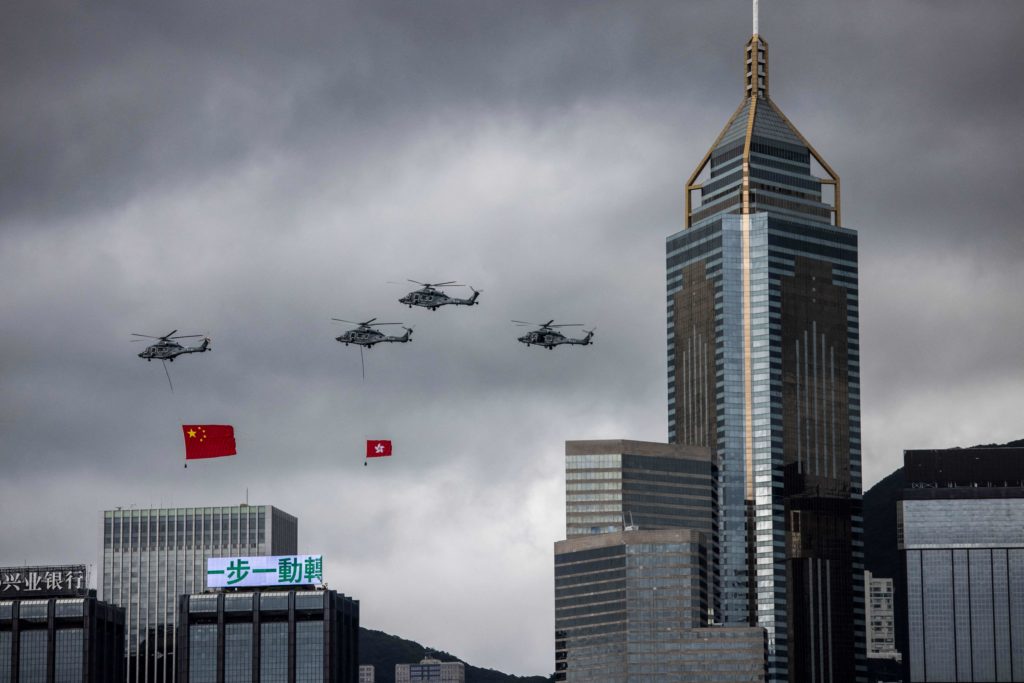World News / 01 July 2022
Cementing China’s control over Hong Kong

THE SQUIZ
Chinese President Xi Jinping has left mainland China for the first time since the start of the pandemic to travel to Hong Kong for the 25th anniversary of the territory’s handover from the British. Analysts say he’s making the trip to cement China’s control over Hong Kong after the crackdowns of the last 3 years and to complete a “victory lap” as the leader who made it happen. But for others, it’s a solemn day to reflect on freedoms lost.
BACK IT UP A BIT…
It was on this day in 1997 that more than a century and a half of British colonial rule ended. There was an agreement that Hong Kong would get 50 years with a “high degree of autonomy” under an arrangement known as ‘one country, two systems‘. That meant Hong Kong belonged to China, but it would have its own economic and administrative systems that were quite different to the socialist regime across the rest of the nation. But along with Xi’s assertive agenda came a crackdown on Hong Kong’s freedoms. That started in earnest in 2019 when pro-democracy protests were crushed, and in 2020, a new national security law was introduced that bans challenges to China’s authority. Xi’s supporters say he’s enabled the “second return” of Hong Kong. Those opposed to what’s happened say he’s “brutally self-interested” and shown China to be untrustworthy by reneging on the 50-year deal.
IS CHINA IN THE BAD BOOKS?
Funny you ask – NATO members have just declared China to be a security threat for the first time. The world’s most powerful security alliance that takes in Western European and North American nations yesterday said that Beijing’s ambitions and coercive behaviour are major challenges to the group’s interests. “China is not an adversary, but, of course, we need to take into account the consequences to our security when we see China investing heavily in new modern military capabilities, long-range missiles, nuclear weapons, and also trying to control critical infrastructure, for instance, 5G networks in our own countries,” NATO boss Jens Stoltenberg said. PM Anthony Albanese agrees, saying China aims to become the “most powerful nation in the world”, and that Beijing and Moscow’s cosy relationship is a problem. Chinese state media responded, calling on him to be “more diplomatically astute”.
Know someone who'd be interested in this story? Click to share...
The Squiz Today
Your shortcut to being informed, we've got your news needs covered.
Also Making News
Get the Squiz Today newsletter
Quick, agenda-free news that doesn't take itself too seriously. Get on it.
